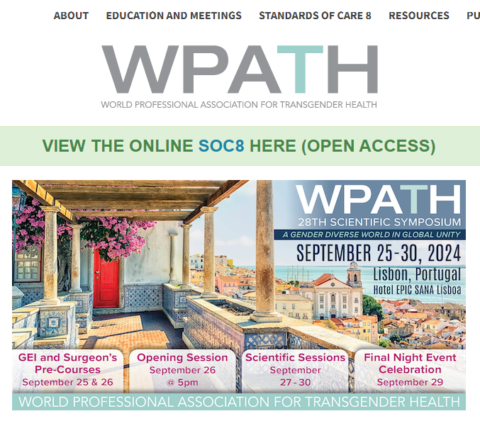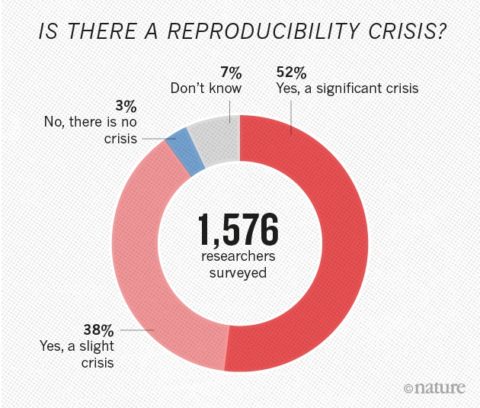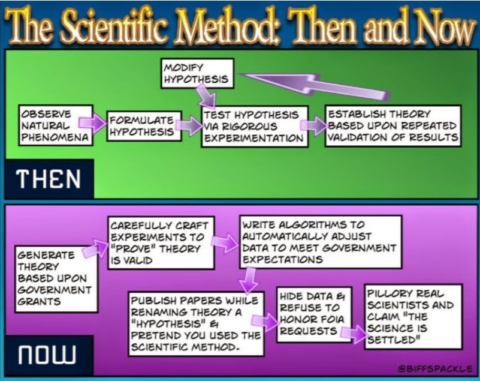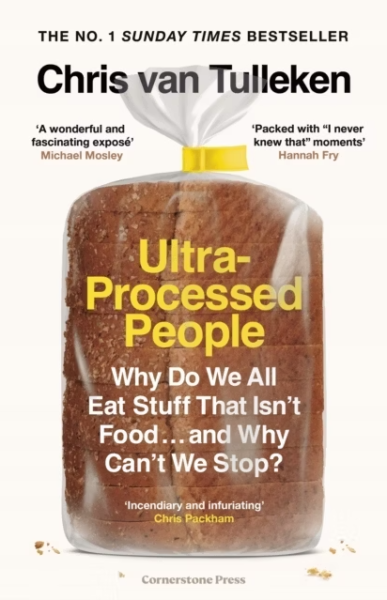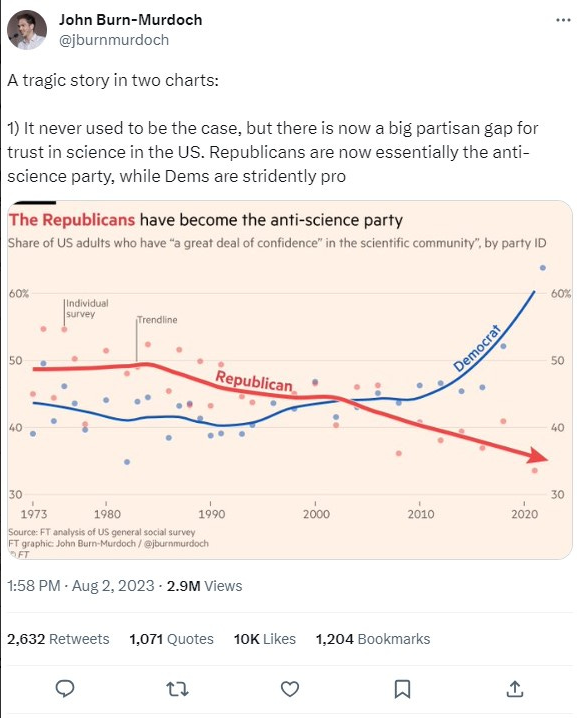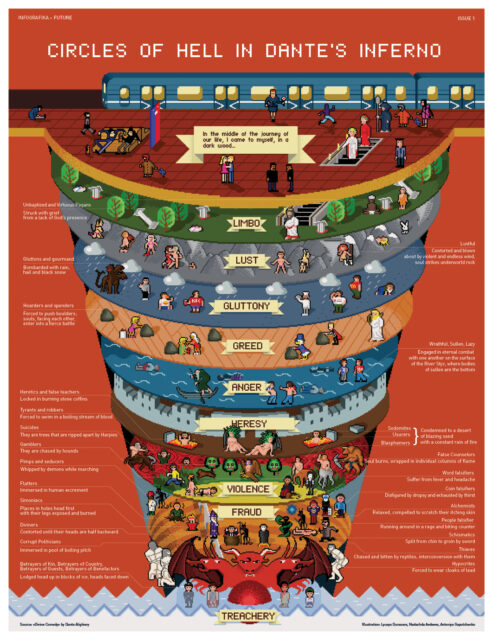The release of internal documents from the World Professional Association for Transgender Health (WPATH) revealed just how little science went into many or most juvenile gender transitions and how much the process was being driven politically rather than scientifically. Shannon Douglas Boschy digs into how the WPATH’s methods are implemented in Canada:
An undercover investigation at a Quebec gender clinic recently documented that a fourteen-year-old girl was prescribed testosterone for the purpose of medical gender transition within ten minutes of seeing a doctor. She received no other medical or mental health assessment and no information on side-effects. This is status quo in the dark world of pediatric gender “medicine” in Canada.
On March 5th Michael Shellenberger, one of the journalists who broke the Twitter Files in 2022, along with local Ottawa journalist Mia Hughes, released shocking leaks from inside WPATH, the organization that proclaims itself the global scientific and medical authority on gender affirming care. The World Professional Association of Transgender Health is the same organization that the Quebec gender clinic, and Ottawa’s CHEO, cite as their authority for the provision of sex-change interventions for children.
These leaks expose WPATH as nothing more than a self-appointed activist body overseeing and encouraging experimental and hormonal and surgical sex-change interventions on children and vulnerable adults. Shellenberger and Hughes reveal that members fully understand that children cannot consent to loss of fertility and of sexual function, nor can they understand the lifetime risks that will result from gender-affirming medicalization, and they ignore these breaches of medical ethics.
The report reveals communication from an “Internal messaging forum, as well as a leaked internal panel discussion, demonstrat(ing) that the world-leading transgender healthcare group is neither scientific nor advocating for ethical medical care. These internal communications reveal that WPATH advocates for many arbitrary medical practices, including hormonal and surgical experimentation on minors and vulnerable adults. Its approach to medicine is consumer-driven and pseudoscientific, and its members appear to be engaged in political activism, not science.”
These findings have profound implications for medical and public education policies in Canada and raise serious concerns about the practices of secret affirmations and social transitions of children in local schools.
These leaks follow on the recent publication of a British Medical Journal study (BMJ Mental Health), covering 25-years of data, dispelling the myth that without gender-affirmation that children will kill themselves. The study, comparing over 2,000 patients to a control population, found that after factoring for other mental health issues, there was no convincing evidence that children and youth who are not gender-affirmed were at higher risk of suicide than the general population.
In the last week, a second study was released, this one from the American Urology Association, showing that post-surgical transgender-identified men, who underwent vaginoplasty, have twice the rate of suicide attempts as before affirmation surgery, and showing that trans-identified women who underwent phalloplasty, showed no change in pre-operative rates of suicide and post-operative.
These and other studies are now thoroughly debunking the emotional blackmail myths promoted by WPATH, that the absence of sex-change interventions, suggest that gender-distressed children are at high risk of taking their own lives.

